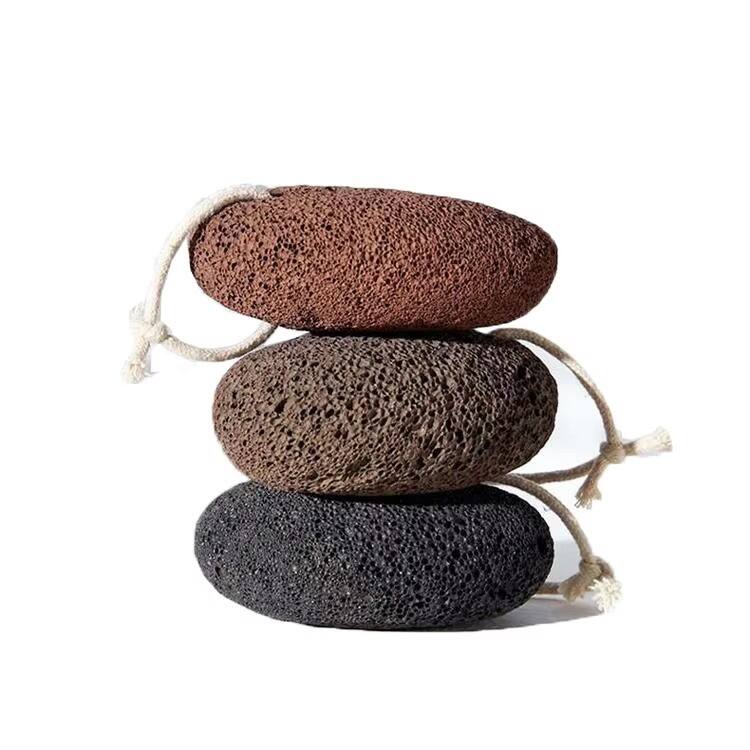leca ball
Leca balls, also known as Lightweight Expanded Clay Aggregate, represent a revolutionary building and gardening material that combines versatility with sustainability. These spherical particles are manufactured through a specialized process where natural clay is heated to extremely high temperatures, causing it to expand and form lightweight, porous ceramic balls. The resulting material features a distinctive honeycomb internal structure, surrounded by a hard ceramic shell, making it both durable and incredibly lightweight. Each ball typically ranges from 4-16mm in diameter and possesses remarkable properties including excellent thermal insulation, superior drainage capabilities, and exceptional structural stability. The manufacturing process creates countless microscopic air pockets within each ball, contributing to their impressive insulation properties and moisture management capabilities. In construction applications, leca balls serve as lightweight aggregate in concrete, providing enhanced thermal properties while reducing overall structural weight. In horticulture, they excel as a growing medium, offering optimal air-to-water ratios for healthy plant growth while preventing soil compaction. Their environmental credentials are equally impressive, as they are chemically inert, non-toxic, and can be reused multiple times, making them a sustainable choice for various applications.


